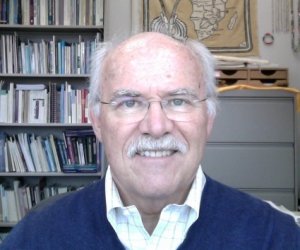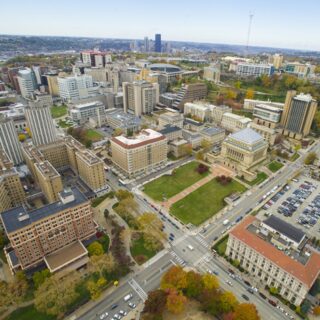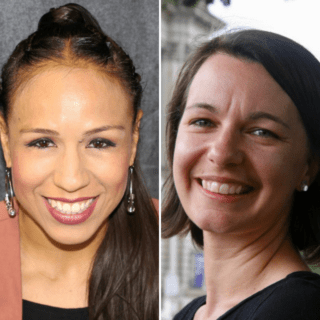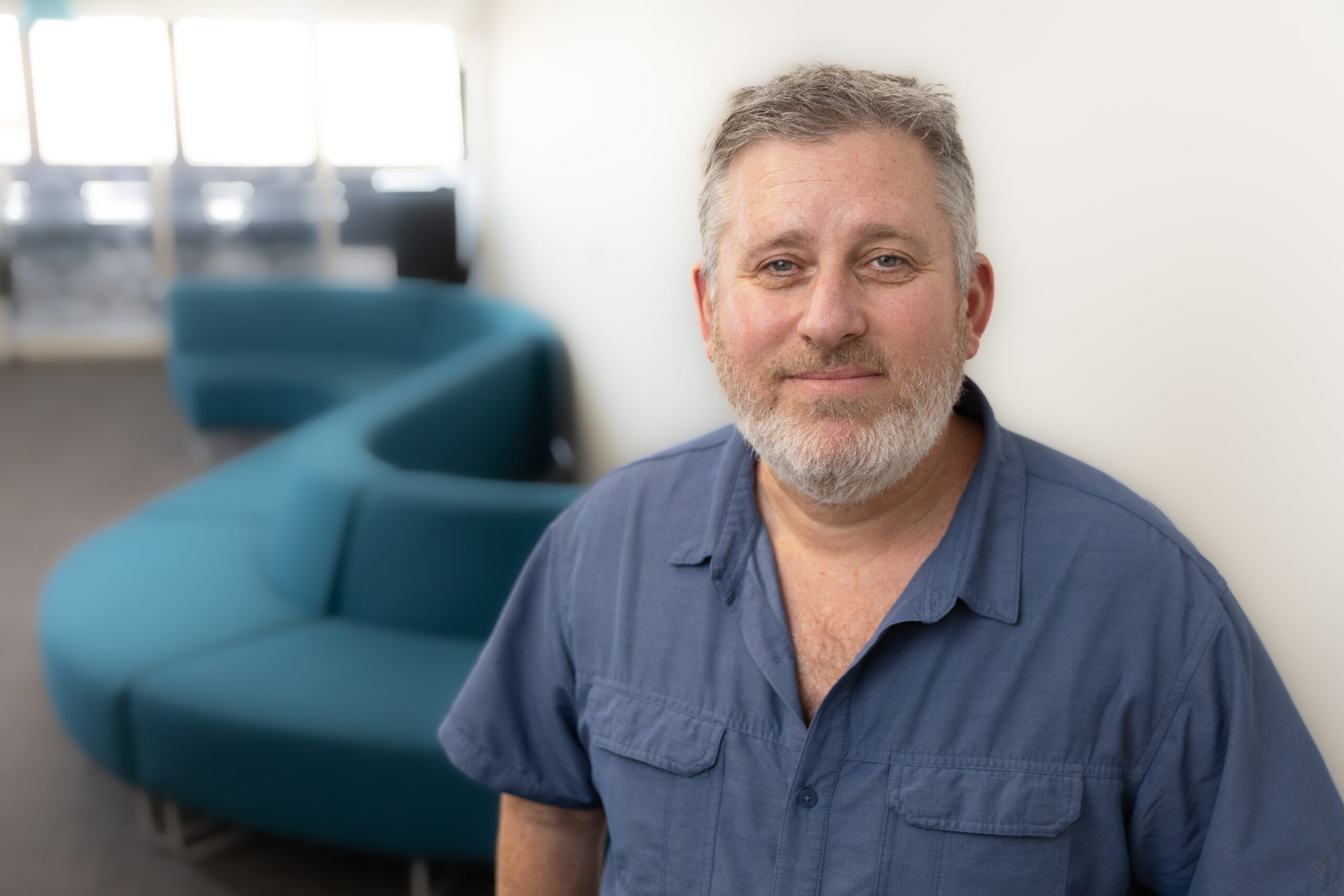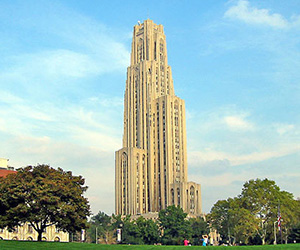
Six School of Education Faculty Receive Pitt Momentum Funds
Six faculty members from the University of Pittsburgh School of Education were awarded 2020-2021 Pitt Momentum Funds awards to support their research. The School of Education faculty members’ grants total more than $550,000 in funding.
The Pitt Momentum Funds support projects that address racial inequities and social justice.
Funding is organized into three tiers:
- Scaling grants “support the detailed project planning, gathering of proof-of-concept results, and reduction of technical risk so that teams can competitively pursue large, complex extramural funding.”
- Teaming grants “support the early stage planning and capacity building of large multidisciplinary projects.”
- Seeding grants “support significant and innovative scholarship by individuals or small groups of faculty.”
The Pitt Education-funded grants will examine a range of areas including college access, teacher development, and community justice.
Rachel Robertson, Assistant Professor of Special Education
Award type: Seeding Grant
Project title: Developing Communities of Research and Practice to Support Teacher Use of Proactive Behavior Management
“The purpose of my project is to collaborate with researchers, teachers, caregivers, and students to co-construct and test individualized teacher professional development modules aimed at enhancing and sustaining teachers’ use of positive behavior supports in schools,” says Robertson.
Esohe Osai, Assistant Professor of Practice in Applied Developmental Psychology, and Shanyce Campell, Assistant Professor at the Center for Urban Education
Award type: Scaling Grant
Project title: Improving Educational Opportunities for Black Youth in Pittsburgh: A Justice-Centered Intervention
“Our project aims to support college preparation for students of color in Pittsburgh. We see vast racial inequities in post-secondary pathways afforded to students in Pittsburgh,” says Osai. “Since 2016, The Justice Scholars Institute has worked with partners, both at Pitt and in the community, to provide a unique college preparation experience for students at Westinghouse Academy in Homewood”
Lori Delale-O’Connor, Assistant Professor of Education at the Center for Urban Education
Elon Dancy, Director, Center for Urban Education, Helen S. Faison Endowed Chair, and Co-Chair of PittEd Justice Collective
Award type: Teaming Grant
Project title: Freedom Dreaming: Black Communal and Familial Educational Practices in Pittsburgh’s Hill District Before, During and After COVID-19
According to the abstract, “in this project, faculty, staff, and students from the Center for Urban Education (CUE), the Center on Race and Social Problems (CRSP), and the Hill District Community Engagement Center (Hill CEC) will work collaboratively on a research and practice project that focuses on learning how schools and other formal educational spaces can center Black families and communities as knowledge co-constructors. Through this work, we will also cultivate synergies across these three Centers to engage in more collective work.”
Sharon Ross, Assistant Professor of Health and Human Development and director of the Latino Family Health Laboratory
Award type: Teaming Grant
Project title: Developing a Latinx Youth Research Advisory Board to Address and Dismantle Structural Inequities in Emerging Latinx Communities
Ross joins Maya Ragavan, an Assistant Professor of Pediatrics at the University of Pittsburgh School of Medicine, as a co-investigator on the project.
According to the research abstract, the project will “create a multidisciplinary community-academic partnership to develop a Youth Participatory Action Research (YPAR) study with Latinx youth living in Pittsburgh, Pennsylvania.” The team aims to center youth voices and address issues that are of concern to the youth.
Josue Lopez, Assistant Professor of Decoloniality
Award type: Seeding grant
Project title: Pittsburgh is Our Home, Too: Refugee Arts and Education for Well-Being
According to the research abstract, the project “aims to partner with refugee youth and families to think about the kinds of educational experiences that would help to meet their needs and interests,” and “focuses in particular on arts education because of its continually shrinking role in public schooling.” For the project, the research will engage with a youth steering committee from the Alliance for Refugee Youth Support and Education (ARYSE).

